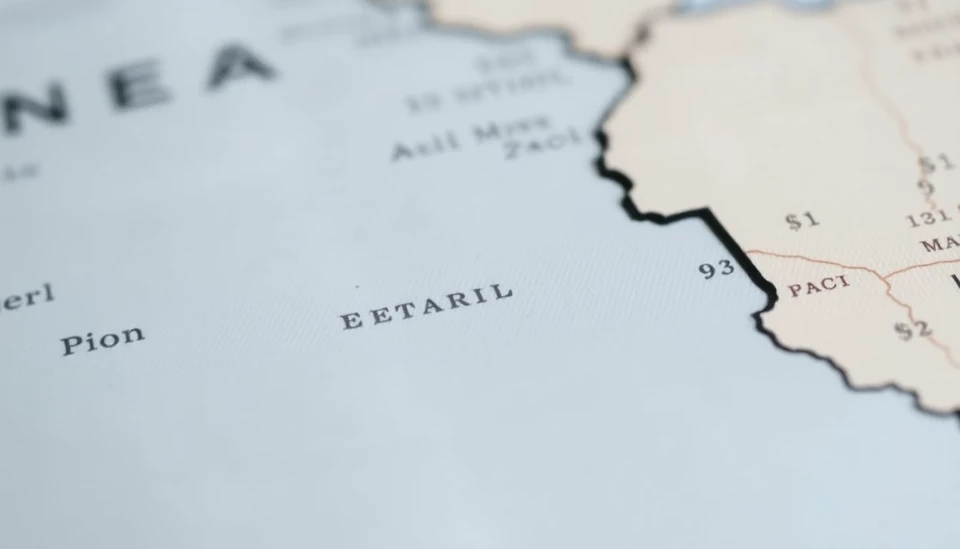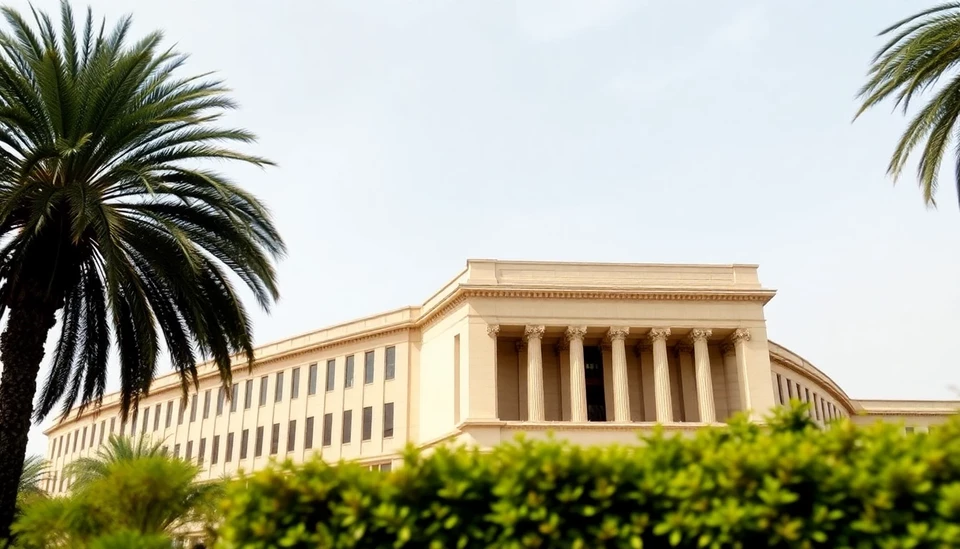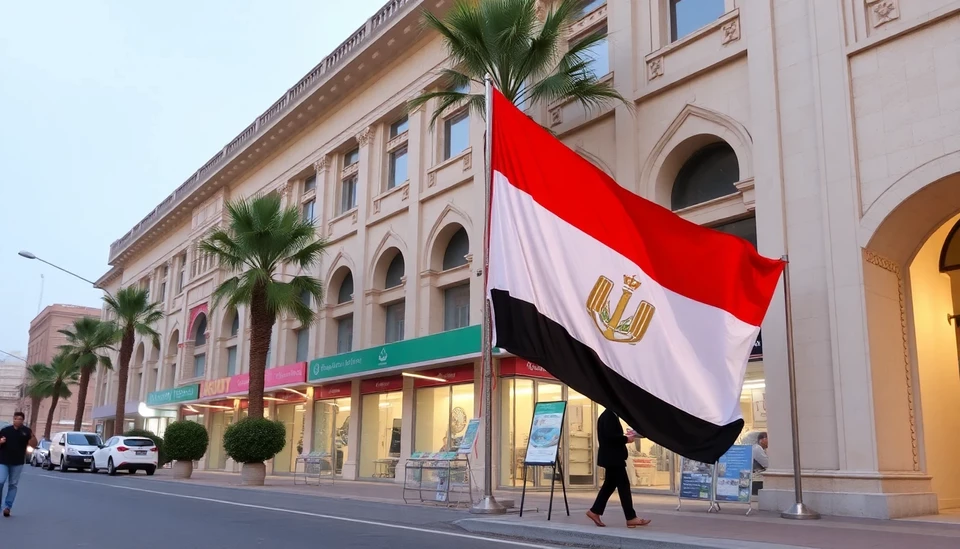
In a bold move to stabilize its economy, Egypt is exploring the implementation of fuel wheat hedging strategies. This development comes in response to the mounting pressures stemming from the ongoing global trade war, which has cast a shadow over the country’s economic landscape.
As one of the largest wheat importers in the world, Egypt's economy is particularly sensitive to fluctuations in global grain prices. The potential introduction of hedging could provide a financial safety net, allowing the government to better manage the costs associated with wheat sourcing and fuel supply. This initiative aims to not only shield the economy from volatile market conditions but also to ensure food security for its population.
Economists have noted that Egypt's reliance on wheat imports makes it vulnerable to external market influences. With the trade war intensifying, prices for essential commodities like wheat—often used in staple foods such as bread—have shown signs of instability. The Egyptian government views hedging as a proactive measure to mitigate the risks of price spikes caused by geopolitical tensions and economic sanctions.
According to sources close to the development, discussions are underway with financial institutions and commodity trading firms regarding potential partnerships that could facilitate these hedging activities. These collaborations would aim to create a robust framework that allows Egypt to lock in wheat prices and manage its fuel costs more effectively.
Furthermore, this move comes as part of a broader strategy by the Egyptian government to reinforce the nation's agricultural policies and reduce its dependency on foreign grain supplies. Officials believe that by enhancing their hedging strategies, they can create a more resilient agricultural sector capable of weathering the storms of global trade fluctuations.
The response from market analysts has been cautiously optimistic. Many highlight that while hedging could serve as a buffer against price increases, it will require careful execution to avoid potential pitfalls like over-reliance on derivative products. The success of such initiatives will ultimately depend on the ability of the Egyptian government to navigate the complexities of the global market landscape.
As Egypt embarks on this financial strategy, the international community watches closely, acknowledging the potential implications for global wheat markets and trade relations. The outcome of these hedging efforts may well serve as a cornerstone for Egypt's economic policy in the years to come, especially in the face of uncertainty from ongoing trade disputes.
In summary, Egypt’s exploration of fuel wheat hedging represents a significant step towards securing its economic stability in an increasingly unpredictable global environment. With the right implementation, this approach could offer the country a shield against the volatile tides of international trade.
#Egypt #WheatHedging #GlobalTrade #Economy #FoodSecurity #CommodityTrading #AgriculturePolicy #FinancialStability #MarketTrends
Author: Daniel Foster




